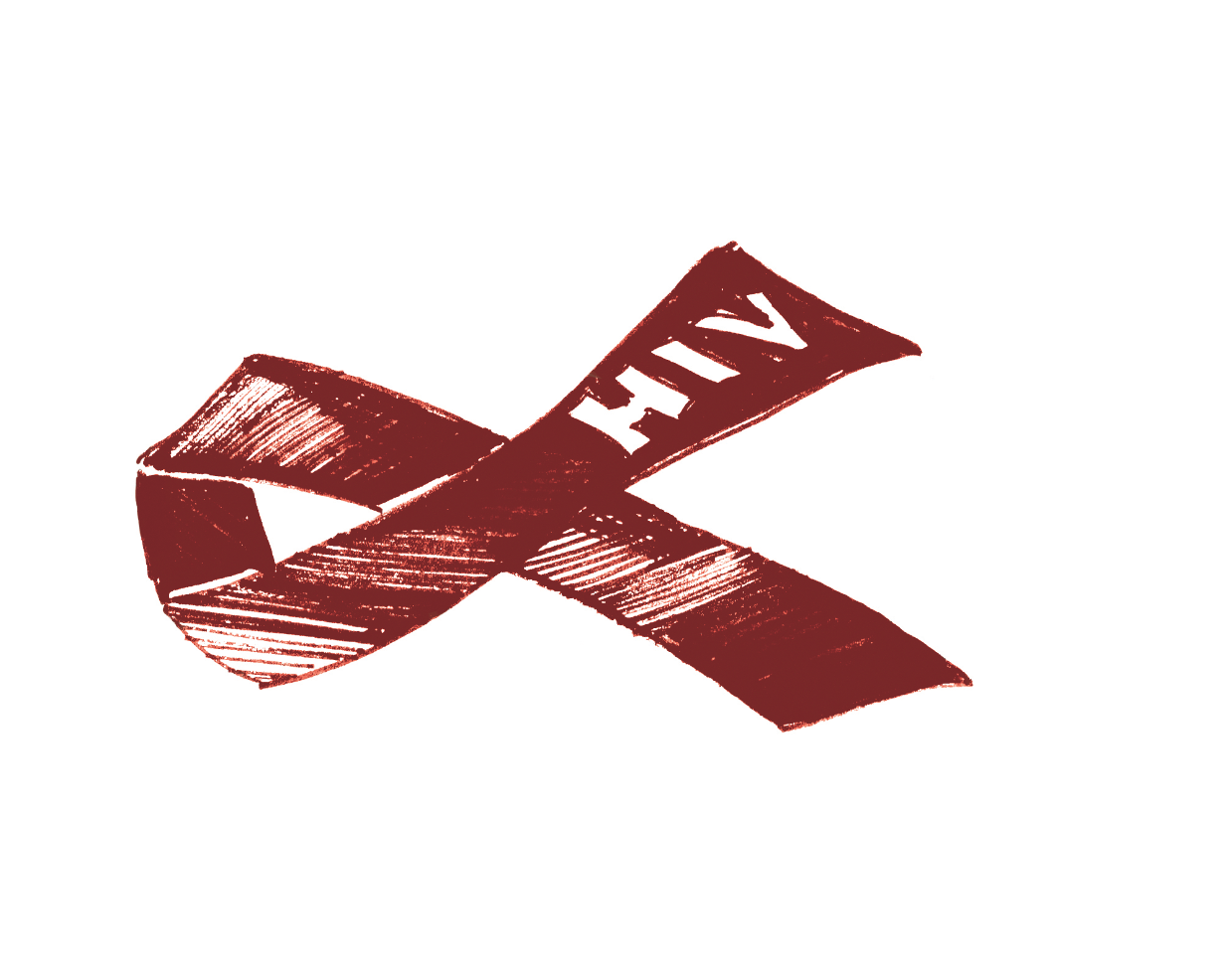Our HIV crisis:
PrEP is not a cure
T
ake a pill daily and prevent the contraction of HIV 99 percent of the time.
That is the narrative presented to many young men who have sex with men (MSM) by their peers regarding pre-exposure prophylaxis (PrEP). And, as is normally the case with anything framed in such a simple manner, the nuances of treatment fall through the cracks.
It is unwise to herald PrEP as the key to freeing a generation from HIV. It is merely one piece of a larger effort. Not only is PrEP not for everyone, but public health activists face political obstacles similar to those hurled at advocates of birth control. Universal access to PrEP will implicate two overlapping and traditionally disparaged groups: sexually active youth and individuals in non-heterosexual relationships.

Kyle Tramonte — Green on the Vine
A little background: Candidates for PrEP must first fall into a risk group (MSM being the largest of these). Then they generally must check one of a few more boxes, like having contracted an STD or having had unprotected sex in the last six months.
Dr. Andrew Gotlin, chief of Student Health at Yale, summed up precautions surrounding PrEP this way: “It’s certainly not taking vitamin C.”
To ensure maximum efficacy, patients must take the pill daily. (This seems easy enough, but if you are a man, grab a female friend on birth control and ask if she’s ever missed a pill.) Once someone starts treatment, they must meet with their prescribing physician to monitor progress every three months. Patients certainly don’t want to miss these appointments: They are scheduled to ensure that some of the known side effects of antiretroviral treatment (like kidney disease and early-onset osteoporosis) do not set in, or that, in the event that the patient contracts HIV, the virus does not become resistant to the drugs. Toxicity of antiretroviral drugs has fallen dramatically as treatment has advanced, but the risks must be noted.
What’s more, starting treatment presumes a healthcare market that offers patients reasonably priced drugs and access to healthcare providers. Beyond these baseline challenges, achieving effective, widespread usage will require surpassing political hurdles.
The demographic of young MSM, one of the groups with the most alarming increases in HIV incidence, extends from age 13 to 24. This means that many young MSM must request PrEP under their parent’s insurance — with no right to privacy in their medical records. To get treatment that might prevent the contraction of HIV, young men will have to disclose their sexual orientation not only to their physicians but also to their parents, a prospect that is daunting for many well into adulthood, never mind adolescence.
Privacy carve-outs for young women seeking birth control are enshrined in many of our laws. As long as the person seeking contraception does not pose a risk to herself or a risk to others, privacy is respected, even when the patient is a minor. Given the novelty of PrEP, similar carve-outs do not yet exist for young men’s health, and patient assistance programs that might help young gay men acquire the drugs are few and far between. Young gay men bearing the brunt of the current HIV epidemic are left to fend for themselves if they remain in the closet.
Further, talking about the doctor’s office presumes that someone can even afford treatment. Yale Health generously covers Truvada as PrEP for students enrolled in the health plan, but not all commercial insurers cover PrEP as readily. Some insurance companies require pre-authorization for case-specific requests, and many plans include high co-pays. And in the event that you do not have insurance due to unemployment or your state withholding Medicaid expansion funds, you can pretty much forget about getting the drug: The cost of treatment can be as high as $13,000 a year.
Even further, the Supreme Court’s decision in Burwell v. Hobby Lobby, which allows closely held for-profit corporations to deny contraception coverage, may end up getting applied to the drug. Religious-based opposition to sex between men remains strong, and efforts to deny coverage for PrEP might find refuge in our courts.
As we search for the most effective ways to tackle the HIV epidemic, PrEP will play an important role. But as my conversations with activists and medical professionals have revealed over the past weeks, every time someone says, “PrEP,” they should say “TASP” (treatment as prevention) twice.
Effective testing and treatment remain the primary mechanisms for eradicating the virus. Getting the HIV-positive population on a treatment plan toward viral suppression is drastically easier than persuading the much larger MSM community to take a drug every day. We shouldn’t rely on PrEP as a saving grace, but rather embrace it as an option for those most at risk. The bulk of our resources should go towards continuing to use treatment as prevention. If we succeed with TASP, there will be no need for PrEP.


